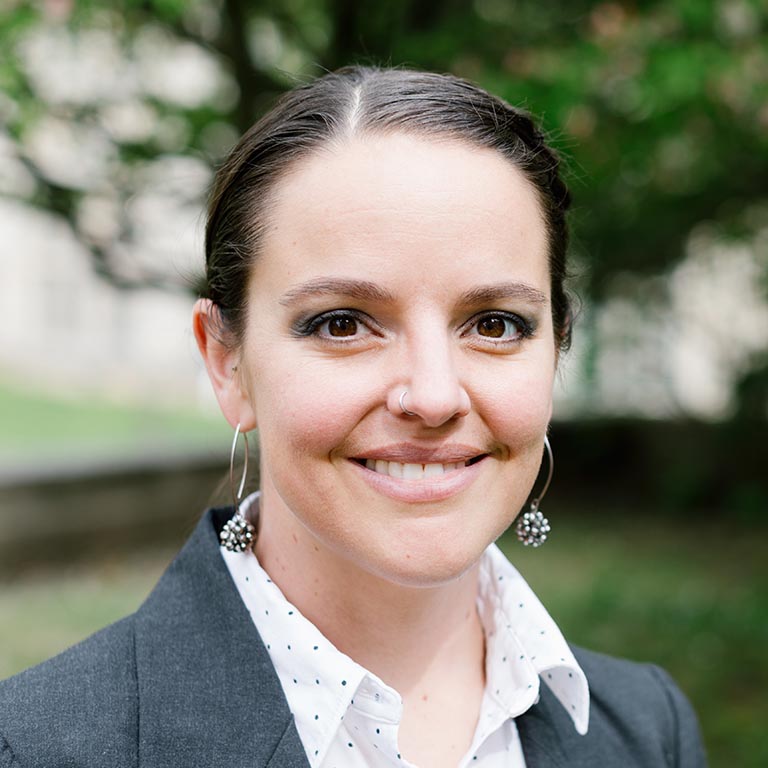- Email:
- seimhoff@indiana.edu
- Campus:
- IU Bloomington
Sycamore Hall 223

Imhoff is the Director of Graduate Studies for the Borns Jewish Studies Program and the Jay and Jeanie Schottenstein Chair in Jewish Studies. She is an Associate Professor in Religious Studies and Jewish Studies as well as Affiliated Faculty with Gender Studies and the Center for Research on Race and Ethnicity in Society and Adjunct Faculty in History. She is broadly interested in religion and the body. Her research asks questions about how bodies and their attributes, such as gender, race, and ability, shaped and are shaped by religion. Underwriting many of my research projects are questions about how embodiment makes religious meaning, and how religious discourse makes bodies.
Her first book, Masculinity and the Making of American Judaism, argues that American Jewish men in the early twentieth century were gendered differently from American norms, and that this masculinity helped acculturated Jews argue for the value of an American Judaism.
She has also written about the meaning of Jewishness in contemporary American contexts. She is especially interested in the ways that race, DNA, and medical knowledge shape what it means to be Jewish—or even who is a Jew—today.
Her most recent book, The Lives of Jessie Sampter: Queer, Disabled, Zionist, published by Duke University Press in 2022, is a study of religion and the body, centering on Jessie Sampter, an early twentieth-century American Zionist. But Sampter’s own life and body hardly matched typical Zionist ideals: while Zionism celebrated the strong and healthy body, Sampter spoke of herself as “crippled” from polio and plagued by weakness and sickness her whole life; while Zionism applauded reproductive (women’s) bodies, Sampter never married or bore children—in fact, she wrote of homoerotic longings and had same-sex relationships we would consider queer. So how did a queer, “crippled” woman become a leading voice of American Zionism, and why has history largely overlooked her? This microhistory explains how we make of a Zionist whose embodied experiences did not conform to Zionist ideals— and suggests that this conflict between embodiment and religious thought was far from unique in American religious experience.
Her work has appeared in the Journal of Religion, Religion and American Culture, American Jewish History, Religious Studies Review, Jewish Social Studies, and other academic journals and edited volumes.
She is also co-editor of the journal American Religion.